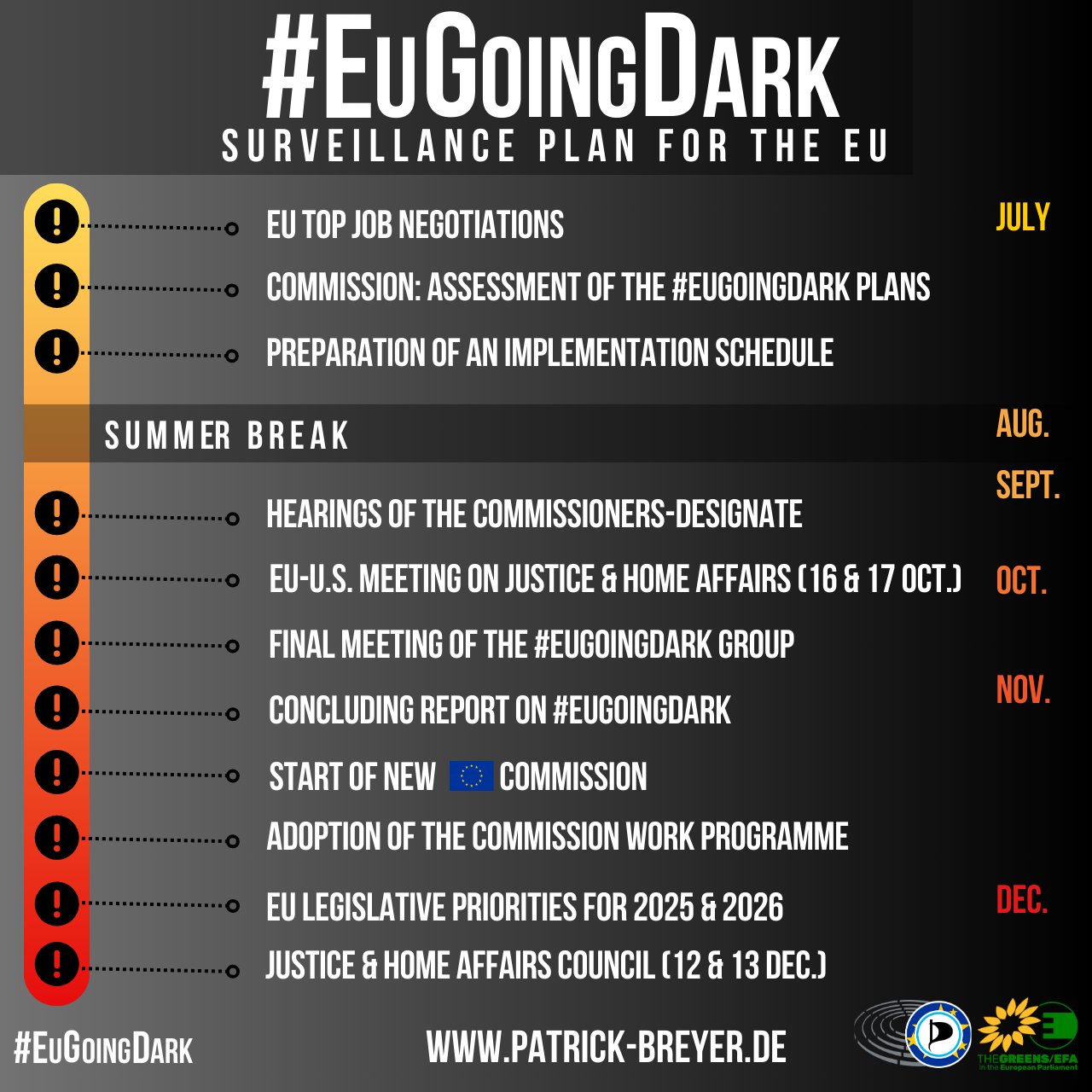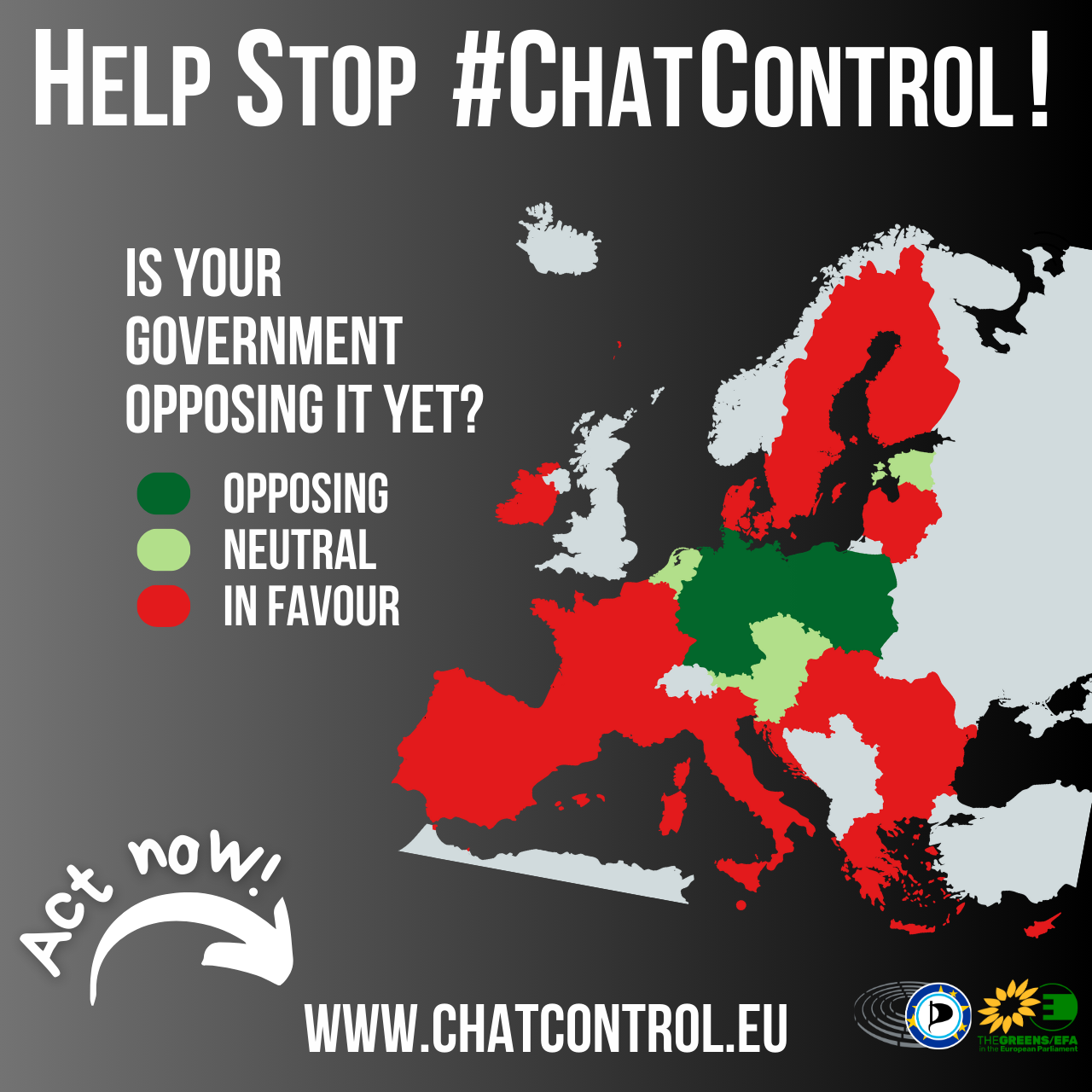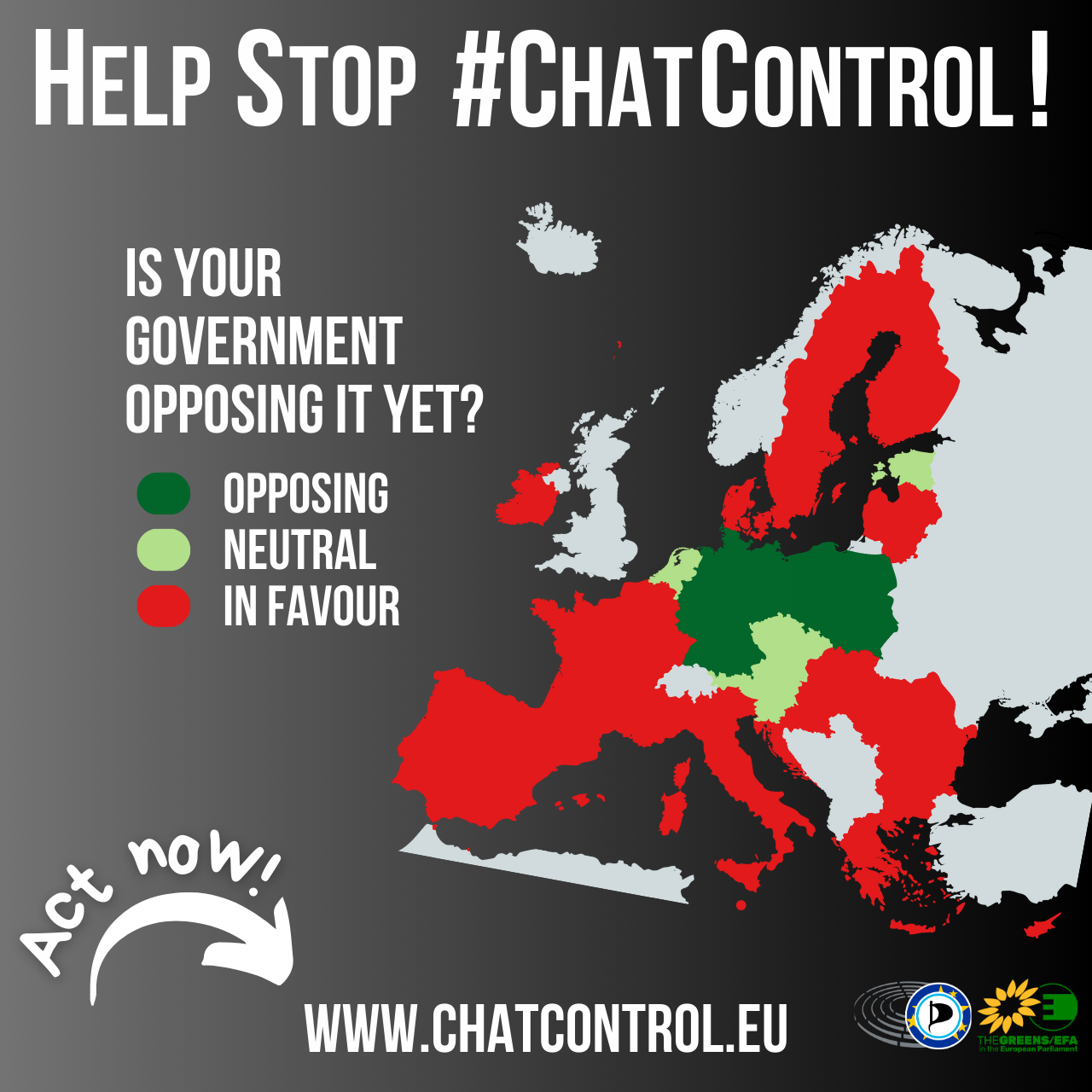EU Internet law: MEP Patrick Breyer calls on citizens to participate
Following the General Data Protection Regulation and the ePrivacy Regulation, the next major project to tackle the digital revolution at EU level will be proposed next year: A Digital Services Act (DSA) is intended to replace the e-Commerce Directive that has been in place since 2000. It is to establish fundamentally new rules for the Internet. As a law for digital service providers, the DSA is intended to harmonise, among other things, national rules on hate speech and disinformation. In the run-up to the European Commission’s legislative proposal, which is expected early next year, three committees of the European Parliament have been tasked to draft recommendations.
Patrick Breyer presents draft opinion with 15 demands
The European Parliament’s Legal Affairs Committee’s opinion rapporteur MEP Patrick Breyer (Pirate Party) has now published a list of 15 key points and opened it for discussion on the net. Breyer calls for an explicit ban on upload filters, a right to anonymous use of internet services, ensuring that terms and conditions comply with human rights, penalties for abusive take-down notices, an obligation of providers to report known crime online, giving users control over their timelines to curb the spread of false reports and racism, a right to maintain contacts when users leace Facebook, Whatsapp etc. for competing networks (interconnectivity).
Alex Agius Saliba, the rapporteur of the lead Internal Market Committee, on the other hand, considers providers have a “social responsibility” to prevent abuse of their services. The “quick detection and deletion of illegal content online” was necessary. Internet providers should be obliged to verify the identity and registration data of business customers. For the Committee on Civil Liberties, Justice and Home Affairs, MEP Paul Tang calls for creating a single Union sign-in system and opposes compulsory biometric identification, while his colleague Adam Bielan calls for publishers to be better able to defend themselves against unjustified removal requests. On behalf of the Transport Committee, Josianne Cutaja demands that providers of transport and tourism portals such as Uber and Airbnb shall verify the legality of posted offers and the identity of the providers. Petra Kammerevert, rapporteur of the Committee on Culture and Education, believes that proactive measures should be reserved for public authorities and that journalistic publications should not be subject to pre-control and filtering.
Call for active participation of citizens via online platform
The European Parliament intends to adopt all reports by October 2020. The European Commission will evaluate these reports and present its legislative proposal in early 2021.
Patrick Breyer invites citizens to participate early on in the drafting of the legislation: The draft of his opinion is available on the internet platform Discuto. Users can submit feedback and suggestions for improvement and thus participate in this exciting discussion on new rules for the Internet.
Link to the discussion platform: https://www.discuto.io/en/consultation/34137
Breyer states: “Freedom of expression, consumer choice, the right to privacy and the basic principles of a global Internet must be at the heart of any regulation of digital services. This is about our digital living space. The entire Internet community should keep a very close eye on the EU to make sure it enforces freedom of speech online instead of censorship machines and safeguards our privacy instead of supporting surveillance capitalism. For example, we need to revise the ECJ’s Facebook ruling, which opened the floodgates for mandatory upload filtering.”
Far-reaching plans of the EU Commission
According to a draft published last year, the EU Commission wants to extend the scope of the current e-Commerce Directive to include a maximum of digital services, from ISPs to social networks to advertising services and more. It is asking for a stricter liability regime similar to the one inluded in the Copyright Reform and the Terrorism Content Regulation. It wants automatic filters to be “transparent” and “accountable” and is asking for a common regime regarding the removal of online content. Cooperation with public authorities, including enforcement and tax authorities, by facilitating their access to data is also part of the proposed text. Last but not least, the Commission is considering the establishment of a public body which would be responsible to oversee and enforce the application of the rules.




Comments